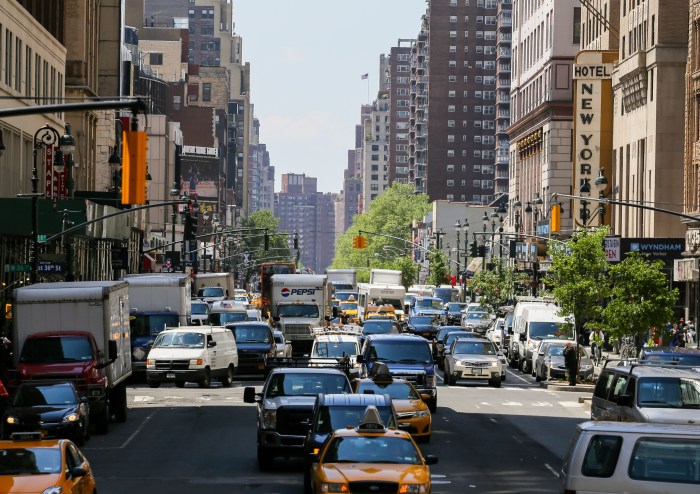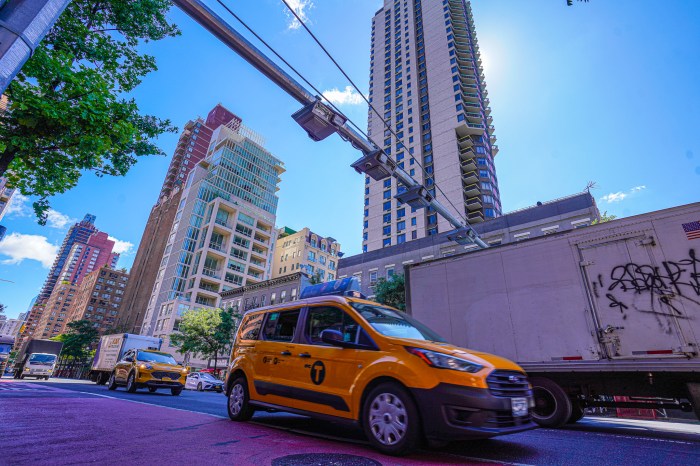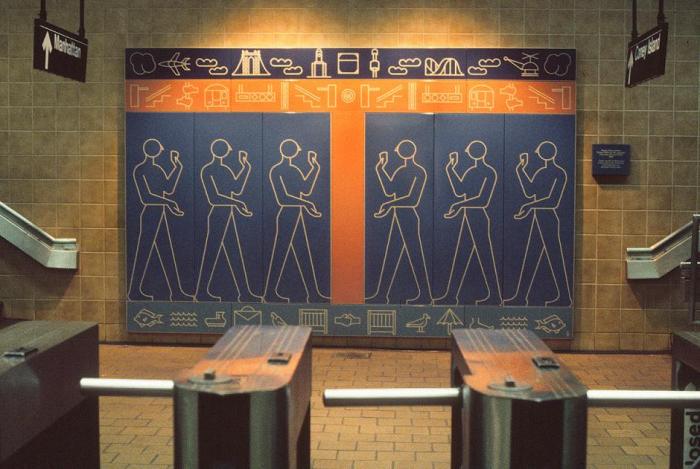The drop in subway ridership last year doesn’t worry the acting leader of the MTA.
Trips taken on the subways dropped slightly in 2016 for the first time since 2009. The decline, of about 6 million rides out of a total of 1.7 billion, comes after the agency added roughly 30 million trips in each of the previous six years, setting records along the way.
While some transit advocates argue that MTA bus and subway ridership should continue to climb to match the city’s population and job growths, Fernando Ferrer, the agency’s acting chairman, brushed off concerns.
“I’m very glad our ridership is at historic highs. If it declines a little bit—in fact, I’ve seen those numbers; it is a little bit—there’s no reason for alarm,” Ferrer told reporters after an MTA board meeting Thursday.
The 2016 decrease in subway ridership was due to sinking weekend numbers. Weekday ridership increased by .1%, but weekend trips fell by 3.1%.
Ferrer said it’s not clear what factors are behind the dip. If commuters are fed up with the inconveniences that come with planned weekend service interruptions, that’s a price the agency is willing to pay to ensure safety, Ferrer said. He couldn’t definitively answer if the rise of ride-hail services played a role in ridership figures.
“Could it be Uber? Could it be Lyft? Could it be the fact that we’re working on the system on the weekends and that sometimes causes inconvenience?” he asked. “But in the long term (weekend construction) makes our system safe and reliable. Those are things we take into consideration as well.”
Bus ridership continued to fall in 2016. Transit experts consider the sluggish service to have reached a “crisis” level. Proposals like congestion pricing could reduce traffic and free up space for buses to move, experts have said, but neither Ferrer nor Mayor Bill de Blasio seem prepared to fight what would likely be a long, uphill political battle for the policy.
Many speakers at Thursday’s board meeting asked the agency to allow bus riders to board at any door of a city bus—a practice that has proven to decrease the time buses stay at stops on certain routes—but that debate is moot at least until the agency begins phasing out the MetroCard, Ferrer said.
“There are a few things we could do. One of them is all-door boarding, but…that is linked inexorably with our new fare payment system,” Ferrer said, adding that staff are very aware of the agency’s subpar bus service. “We want to roll out more Select Bus Service. We want to do things to make our bus service more reliable and quicker.”

































